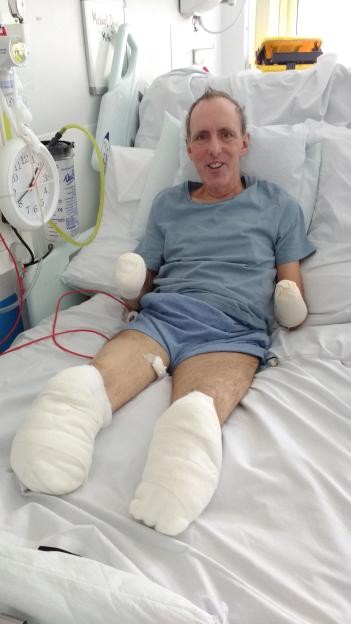Table of Contents
A sleep aid often promoted as ‘natural’ has been associated with an increased risk of heart failure and mortality.
Individuals using these supplements faced nearly double the risk of heart failure and were almost twice as likely to die from any cause over a five-year period.
 Long-term melatonin usage may elevate heart failure riskCredit: Getty
Long-term melatonin usage may elevate heart failure riskCredit: Getty
Melatonin is a hormone naturally produced in the body, with levels increasing at night to induce drowsiness and facilitate sleep.
You can take synthetic melatonin pills or supplements for short durations if you experience sleep issues such as insomnia.
This supplement enhances your body’s natural melatonin levels, allowing you to fall asleep faster and minimizing nighttime awakenings.
In the UK, melatonin is available only via prescription to treat sleep disorders like insomnia or short-term issues such as jet lag.
However, supplements can be purchased over the counter in various countries, including the US, making them accessible to Brits abroad who cannot obtain a prescription locally.
Despite sales restrictions in the UK, melatonin supplements are frequently advertised as a safe sleep aid.
Recent research has examined whether long-term use can impact heart health.
Presenting their findings at the American Heart Association’s Scientific Sessions 2025, researchers suggested that their “striking” results may challenge the assumed safety of melatonin.
Ekenedilichukwu Nnadi, the study's lead author and chief resident in internal medicine at SUNY Downstate/Kings County Primary Care, stated: “Melatonin supplements may not be as harmless as widely believed.”
“If our study is validated, it could influence how doctors advise patients regarding sleep aids.”
It is important to note that the study has not yet undergone peer review, indicating it has not been evaluated by other experts to ensure its quality.
The findings do not establish a direct cause-and-effect relationship; they merely indicate a correlation between melatonin use and heart failure.
Prior research indicates that insomnia can elevate the risk of various health problems and put stress on the heart, increasing the likelihood of cardiovascular disease and heart failure.
The study focused on patients suffering from chronic insomnia, so the heightened risk of heart failure may also be linked to this condition.
Heart failure occurs when the heart cannot pump blood effectively throughout the body.
According to the British Heart Foundation, over a million individuals in the UK are affected by this condition.
Researchers analyzed the electronic health records of adults with chronic insomnia—65,414 participants had been prescribed melatonin at least once and reported using it for a minimum of one year.
A second group of individuals who had never been prescribed melatonin was examined for comparison.
Signs of Insomnia and Alternative Treatment Options
Insomnia refers to persistent difficulties with sleeping.
You may have insomnia if you regularly:
- Struggle to fall asleep
- Wake up multiple times during the night
- Lie awake for extended periods at night
- Wake up early and cannot return to sleep
- Feel fatigued after waking
- Find it difficult to nap during the day despite feeling tired
- Experience daytime fatigue and irritability
- Have trouble concentrating during the day due to tiredness
The most common causes of insomnia include:
- Stress, anxiety, or depression
- Noise disturbances
- A room that is too hot or cold
- Uncomfortable bedding
- Consumption of alcohol, caffeine, or nicotine
- Use of illegal substances like cocaine or ecstasy
- Jet lag
- Shift work
Insomnia often improves by adjusting your sleep habits.
Consider going to bed and waking up at the same time each day, and engage in relaxing activities at least one hour before bed, such as taking a bath or reading a book.
Ensure your bedroom is dark and quiet, exercise regularly during the day, and invest in a comfortable mattress, pillow, and bedding.
Avoid the following:
- Do not smoke or consume alcohol, tea, or coffee at least six hours before bed
- Avoid large meals close to bedtime
- Do not exercise within four hours of bedtime
- Avoid screen time from televisions or devices, such as smartphones, right before bed, as blue light can disrupt sleep
- Refrain from napping during the day
- Do not drive if you feel drowsy
- Avoid oversleeping after a poor night’s rest; instead, stick to your regular sleep schedule
You can purchase tablets or liquids (sometimes referred to as sleeping aids) from a pharmacy that may assist you in sleeping better.
If you continue to struggle with insomnia, consult your GP.
Source:
Participants were excluded if they had previously been diagnosed with heart failure or had been prescribed other types of sleeping medications such as benzodiazepines.
Those who used the sleep aid for an extended period—defined as a year or more—had a






